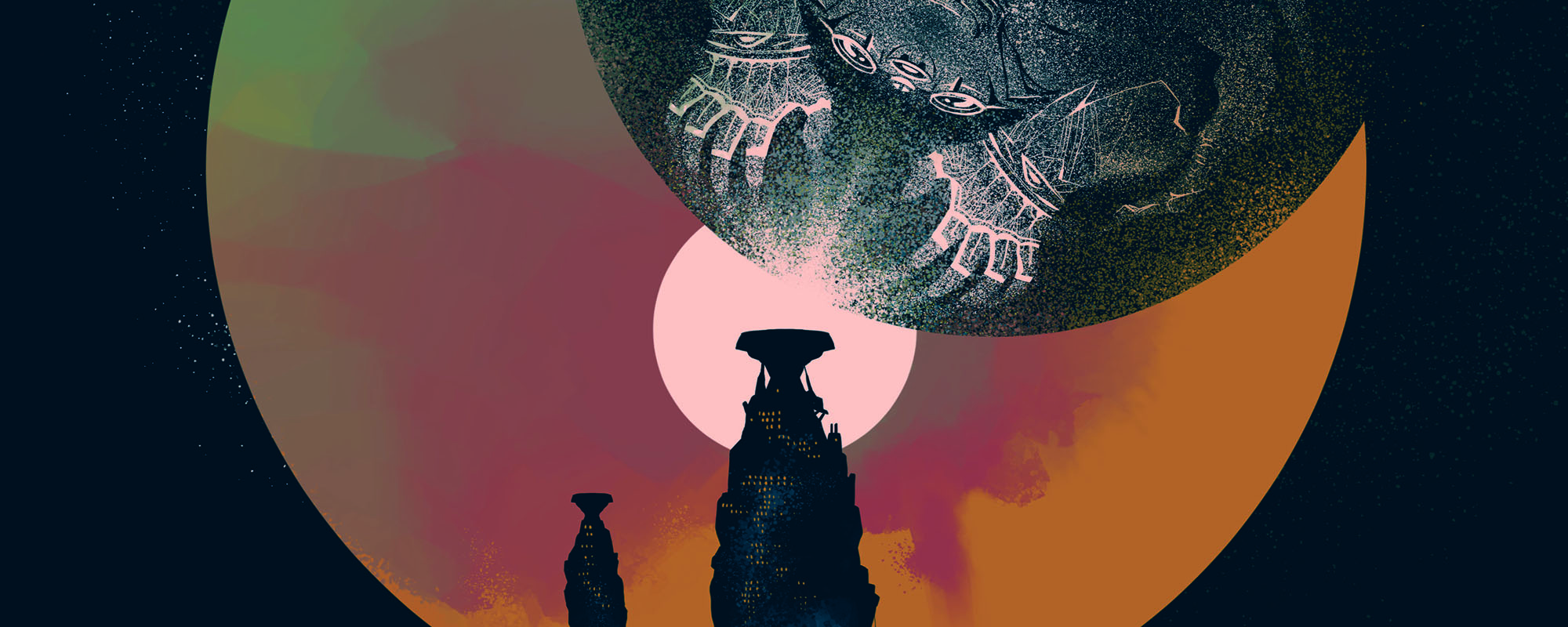
Richard Feynman is my new idol. He’s hallucinated, he’s chatted up call girls, and he’s won a Nobel Prize. Realistically, I’ll probably only manage one of those achievements.
Surely you’re joking Mr Feynman!: Adventures of a Curious Character is as amazing a book as was Dick himself. He died of cancer in 1989, three years after the book was published.
The book is a great read and insight into his mind. It is compiled from a series of taped conversation that Feynman had with drumming partner Ralph Leighton. It haphazardly goes through his life from young radio mechanic to Professor at Caltech where he achieved most of his discoveries.
Throughout the book he randomly switches from girls, mathematics, academic life, to his adventures. This nicely sums up his life.
Take Brazil. He travelled there from Caltech during a sabbatical. There he learnt to play Samba music choosing the frigiderisa — a metal stick banged on a toy metal frying pan. ‘I practiced all the time. I’d walk along the beach […] practicing, practicing, practicing. I kept working on it, but I always felt inferior.‘ Insecurity that culminated in him walking down Brazil’s main streets, cars diverted, while his samba band made the streets dance.
“Once Feynman overcame his social awkwardness, he became a famous womaniser”
Feynman didn’t hold back his punches; if he didn’t agree with something he said it. He heavily criticised the Brazilian education system. ‘I tried to show them (students) how to solve problems by trial and error. […] I could never get them to ask […] questions.’ When surrounded by Brazil’s big shots, he said: ‘no science is being taught in Brazil. […] It’s amazing you don’t find many physicists in Brazil. Why is that?’ Magically, government listened.
Once Feynman overcame his social awkwardness, he became a famous womaniser. Girls crop up throughout most of the book. And he’s good. They would even buy him champagne and sandwiches. As most things in his life, he did it for fun and loved the game.
He writes a lot more about experiences with other women than with his three wives. His first wife’s death touched him deeply, however. ‘I didn’t cry until a couple of months later […] walking past a department store with dresses in the window.’ His other wives aren’t mentioned much.
Feynman also dabbled in drugs. He took ketamine, smoked marijuana, and might have taken LSD — denied in this book but suggested elsewhere.
He also had a short art career and managed to sell his paintings, though he lost his drive to paint by having a solo exhibition too early in his art career.
Another highlight of the book is Feynman’s colourful descriptions of the Manhattan Project that made the first atomic bomb, including how he lock-picked the project’s secrets. He also mentions his great discoveries but is incredibly humble and dismissive about his Nobel Prize — too much hassle. He beautifully describes how he came to his findings and his nervousness when meeting Einstein and Pauli.
Feynman’s genius and eccentricity is clear throughout the book. It will have you in fits. He went on all fours to sniff the world to see how much better dogs can sniff than us — apparently, not much. Life was his game, and boy did he play well.





Comments are closed for this article!